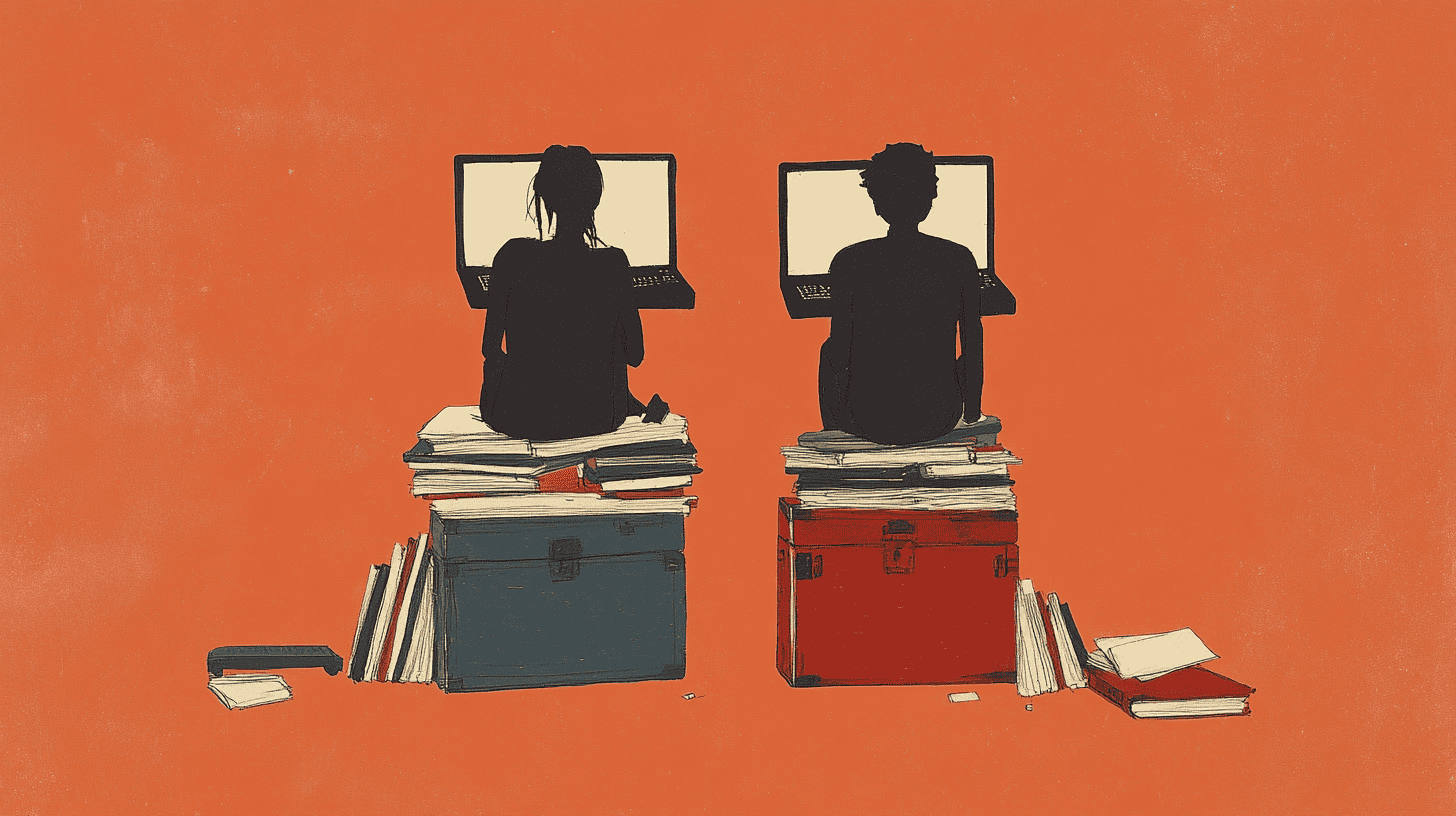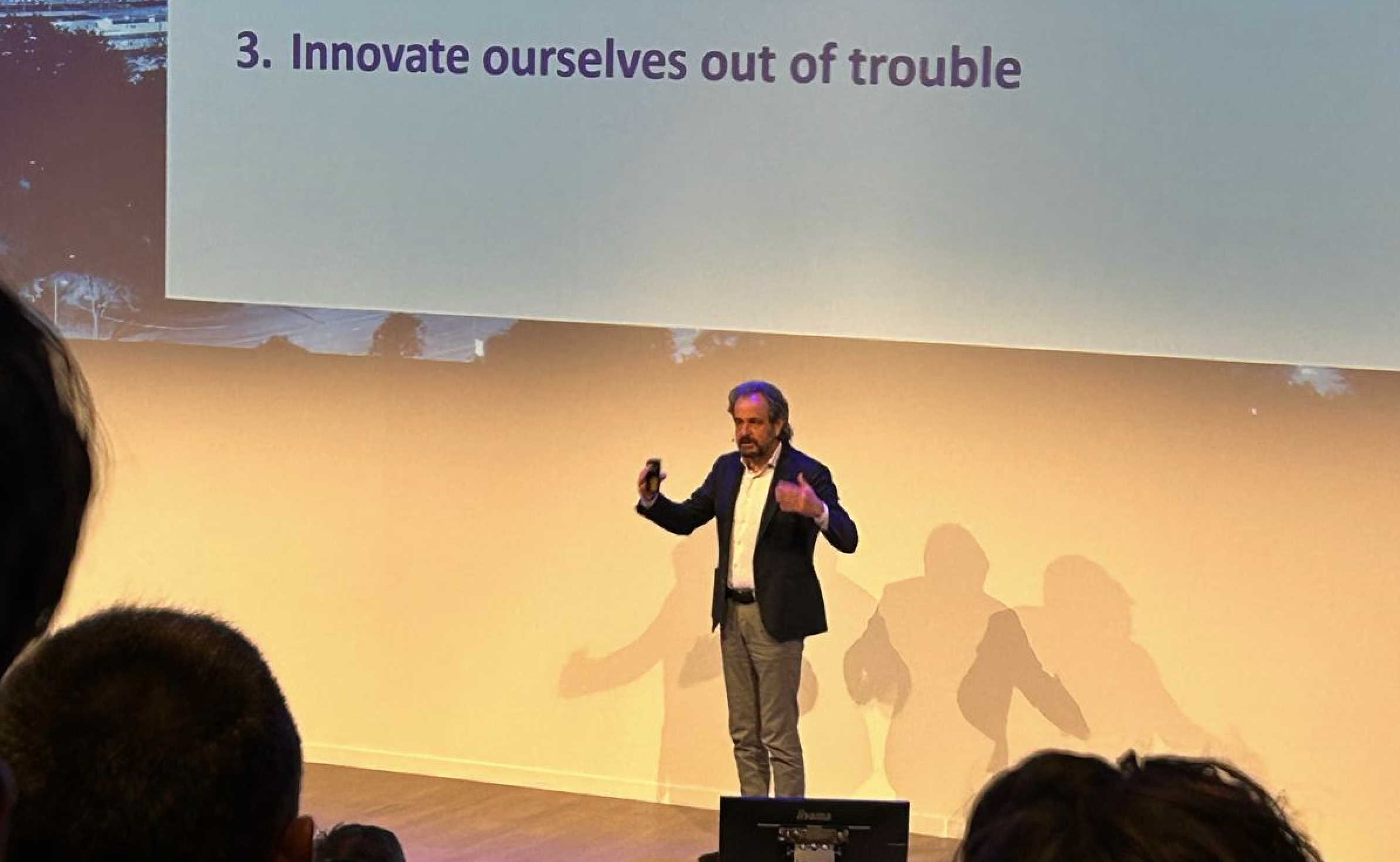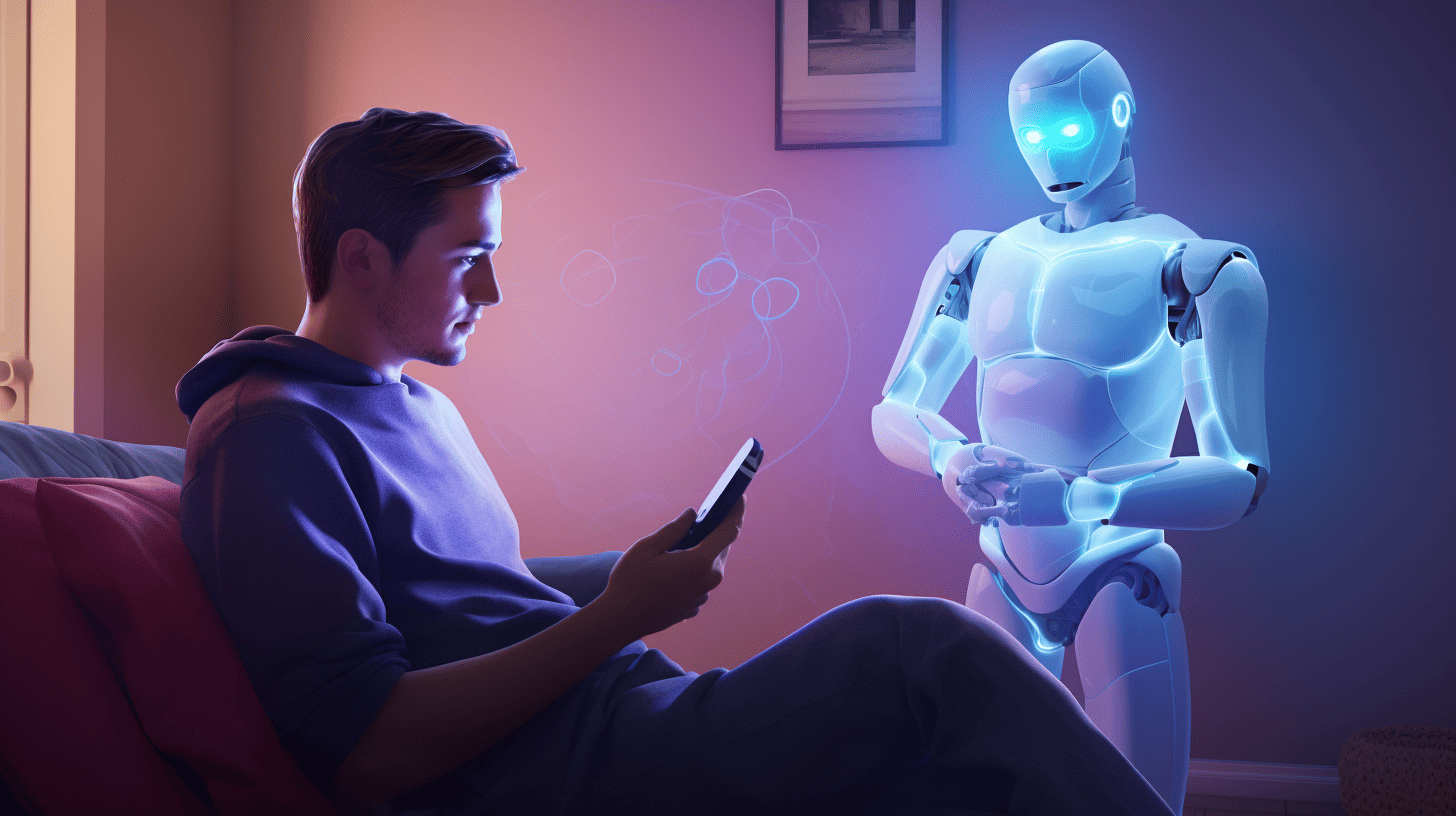
Grown-up women rolling around on the floor like sumo wrestlers for cut-price clothing. Shoved and yanked everywhere and huge queues at the cash registers. Black Friday. The day after Thanksgiving when Americans are already getting their Christmas shopping done with major discounts. This chaos is shifting increasingly more from shops to the internet. The Monday after Thanksgiving, Cyber Monday, encourages consumers to shop online. They’re already spending much more online than in a real store.
Eveline van Zeeland, columnist at IO, has also noted this trend. In last week’s best read story she talks about the advance of robotized consumerism. More and more purchases in the future will be made without human interaction. Van Zeeland writes that she is a fan of a society where human intelligence is supported by artificial intelligence if needed. Of course, you have to keep an eye on the ethical consequences. But it’s nonetheless a pretty cool trend, as you can read in her column.
Rens van der Vorst calls himself a technophilosopher and gives lectures and workshops about the impact of technology on society. He also wrote the book ‘Appen is het nieuwe roken’ (App-ing is the new smoking). He thinks we should think twice before entrusting our wallet to an algorithm: “It’s a recurring issue that we haven’t found an answer to as yet. What are values are at the core? Yours or those of the technology companies?”
Automating purchases
Ask Alexa or another smart speaker to order pizza and that’s what happens. “Very handy, the algorithm selects one for you from all of the pizza delivery services. Whereas if you place an order on your laptop, you have a wider choice and are much freer. We are increasingly leaving that choice in the hands of tech companies. In the future, an algorithm will already know what you want and your food will be ready for you when you’re hungry. That’s no longer such a weird idea.”
Van der Vorst also sees the dilemma: “See, recurring purchases such as coffee, toilet paper and things like that can best be left to an algorithm. That would be pretty straightforward if it’s done automatically. These infrastructures are already in place. Look at home delivery, and various supermarkets are also working on that. But this does mean that you give up privacy: you let an algorithm view what you’re buying. In return, you get the benefits of convenience. The question always remains how much privacy are you willing to give up. The closer such an algorithm is to you as a person, the better the assumptions and recommendations will be. But is that something we really should want?”
It’s all about the money
According to Van Der Vorst, consumers hardly have a proper look at the revenue model whereby user data is used as a means of payment. “That mindset is wrong. The data we generate is the raw material used by the Googles of this world by which they make predictions. And the more data they have from you, the better those predictions become. They earn their money from this because these predictions go to the highest bidder. This leads to social deprivation,” he explains. Because those highest bidders are not the supermarket on the corner, but companies with deep pockets and good SEO. “This principle is strictly about making money. Those Google machines are not programmed to support, but to sell. The way things are going now, you can count on it being a case of only the big players staying in the game, the winner takes all.
Worldview in code
This is also a trend that Suzanna Zuboff has outlined in her book ‘The Age of Surveillance Capitalism‘. Zuboff states that we are slaves to the data economy and that tech companies do everything in their power to model our behavior in order to make money from it. Van Der Vorst summarized the book: “A big fat book that you can barely get through, but it does contain an incredible amount of interesting information that everyone ought to know. Whether it will be as dystopian as she writes, I dare not say. But we are increasingly handing over our choices to algorithms.”
Airbnb, Uber and Tinder are all examples of how we let ourselves be supported by algorithms, all in the name of convenience. “But you know what I really don’t like about these kinds of platforms,” says Van der Vorst. “I just don’t know what’s behind them. It’s a type of worldview in code. I am not familiar with that vision and I certainly don’t know how it works. Is it inclusive? Does it work honestly? When you try to gain insight into how this mechanism works, you don’t get to see it at as it’s considered business-sensitive information. Nobody knows exactly how it works. The discussion about comprehensible AI is absolutely justified. But sometimes I wonder if we actually want that. The less we know, the more we seem to rely on algorithms.”
Does this make us less sociable as people? “Automating chores such as shopping gives you more time to spend with your family or do something with friends. But we’re increasingly caught up in a tech worldview shaped by socially awkward white men. Talking to someone in real life is exciting, so romance and love are automated via Tinder. But on the other hand: how many social interactions do you actually have in a supermarket?”








